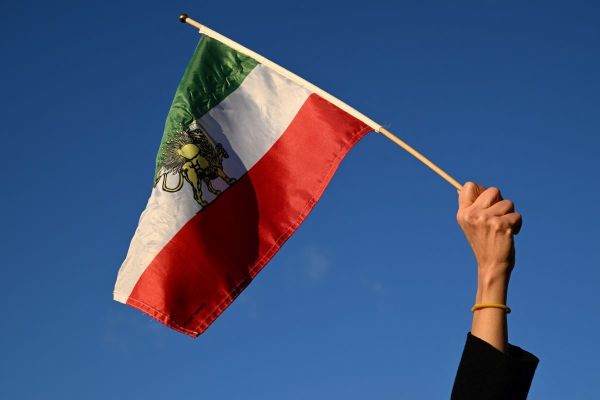Ask Chuck: Should I buy gold?
Dear Chuck,
Gold is soaring now. Should I buy gold before our economy tanks?
Gold Fever

Dear Gold Fever,
I’m probably going to step on some toes because people have very strong opinions about gold.
Gold, speaking of the tangible metal, is an asset, a commodity, and makes for a good insurance policy — but not a great investment. It provides no income stream and does not earn dividends. It can be difficult to trade. People have made and lost money trading gold in the stock market, while others have profited mining it, using it for ornamental purposes and as a base metal.
Gold is a medium of exchange — if people want it. During a crisis, other things may prove to be more valuable such as food, medicine, transportation, shelter, etc. Some view it as a hedge against inflation. Others see it as a speculative asset that varies in price according to the emotion of the market. Gold can be held in the form of gold futures, gold coins, gold mining companies, gold ETFs, gold mutual funds, gold bullion, and gold jewelry.
The U.S. abandoned the gold standard in 1971 when our currency was no longer backed by gold, but is still important globally. Early in 2019, the World Gold Council reported that central banks throughout the planet bought the most gold in 2018 in over 51 years. Central banks bought 651 tonnes (metric) of gold, an increase of 74% from 2017. The biggest buyers were China and Russia.
When gold hit an all-time high recently, it confused experts. It usually rises when stock prices are falling or when inflation is rising. None of those things happened. Was it due to the worsening U.S.–China relations, the economic distress of the coronavirus, or the weakening U.S. dollar? It is a mystery but could be all of the above.
Warren Buffett does not consider it a worthwhile investment:
"Gold is a way of going long on fear, and it has been a pretty good way of going long on fear from time to time. But you really have to hope people become more afraid in a year or two years than they are now. And if they become more afraid you make money, if they become less afraid you lose money, but the gold itself doesn't produce anything."
Holding Some Gold is Good
I wrote about gold and diversification back in 2012 based upon Biblical principles.
Solomon, in his wisdom, offers an excellent investment strategy in Ecclesiastes 11:2: “Divide your portion to seven, or even to eight, for you do not know what misfortune may occur on the earth.” Solomon found that the only path to peace of mind in investment planning was to diversify and surrender the outcome to God. Based on this, it would be wise for investors to make informed choices that are spread out to cover the various categories of the investment spectrum.
Many investors today are hoarding precious metals, especially gold, as economic crisis insurance. Caution and preparation are wise, but no one can prepare for every possible calamity. Because the buying and selling of precious metals is oriented more toward a long-term investment strategy, any long-term financial planning could conceivably include the purchase of some precious metals.
Generally, though, the only people who are able to make money with precious metals are the brokers who live off of gullible amateur speculators. Nevertheless, if an investor is interested in investing in precious metals, he or she should limit his or her investment to no more than 5 to 15 percent of the total investment portfolio.
Precious metals are long-term stores of value and internationally recognized assets of last resort. They can diversify and stabilize a person’s portfolio, they can protect it against market fluctuations, and they do offer insurance against a currency collapse.
However, precious metals are volatile, speculative, high-risk investments. This investment area is for the investor with a strong heart and cash only. Unless an investor can afford to lose what he or she has invested, this is probably not an area in which a person would want to risk a lot of money, especially savings or retirement funds.
Although a portion of an investor’s investment portfolio could include precious metals, these will probably not protect an investor from financial misfortune in case of an economic crisis.
“Choose my instruction instead of silver, knowledge rather than choice gold, for wisdom is more precious than rubies, and nothing you desire can compare with her” (Proverbs 8:10-11 ESV).
Chuck Bentley is CEO of Crown Financial Ministries, the largest Christian financial ministry in the world, founded by the late Larry Burkett. He is the host of a daily radio broadcast, My MoneyLife, featured on more than 1,000 Christian Music and Talk stations in the U.S., and author of his most recent book, Money Problems, Marriage Solutions. Be sure to follow Crown on Facebook.






















